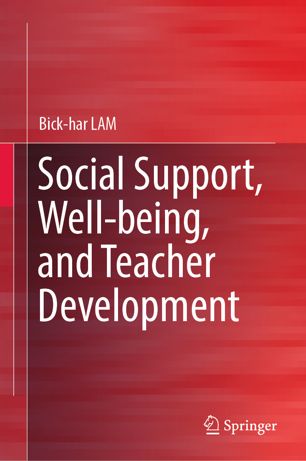

Most ebook files are in PDF format, so you can easily read them using various software such as Foxit Reader or directly on the Google Chrome browser.
Some ebook files are released by publishers in other formats such as .awz, .mobi, .epub, .fb2, etc. You may need to install specific software to read these formats on mobile/PC, such as Calibre.
Please read the tutorial at this link: https://ebookbell.com/faq
We offer FREE conversion to the popular formats you request; however, this may take some time. Therefore, right after payment, please email us, and we will try to provide the service as quickly as possible.
For some exceptional file formats or broken links (if any), please refrain from opening any disputes. Instead, email us first, and we will try to assist within a maximum of 6 hours.
EbookBell Team

4.4
62 reviewsThis book uses social support as a central theme to provide a sound underpinning for guiding teachers to play more supportive roles in schools. It comprises a series of empirical studies that address the psychological processes involved in feeling supported and providing support, and which demonstrate how students’ and teachers’ well-being can be enhanced through learning and teaching in the classroom.
The distinction between teachers who are caring mentors and those who simply impart knowledge has attracted considerable interest among researchers; however, in the twenty-first century education seems to be playing a more restricted role, due to the predominant focus on performance outcomes.
This book addresses and identifies teachers’ expanding role in education. It describes various types of support that teachers can offer students, and which serve to enhance a range of learning outcomes. Further, it provides evidence suggesting that teachers’ commitment to learner development is a prerequisite for a satisfying teaching career, and that teachers’ knowledge, skills and ability to provide social support in the classroom form a pathway of professional learning that can take their teaching expertise to a higher level. Lastly, the book offers policymakers suggestions on how to rekindle social support in an increasingly globalised setting in which people are becoming more and more disconnected.
Given its multidisciplinary approach, the book is a unique contribution within its subject area, and will be of interest to practitioners in education and beyond.